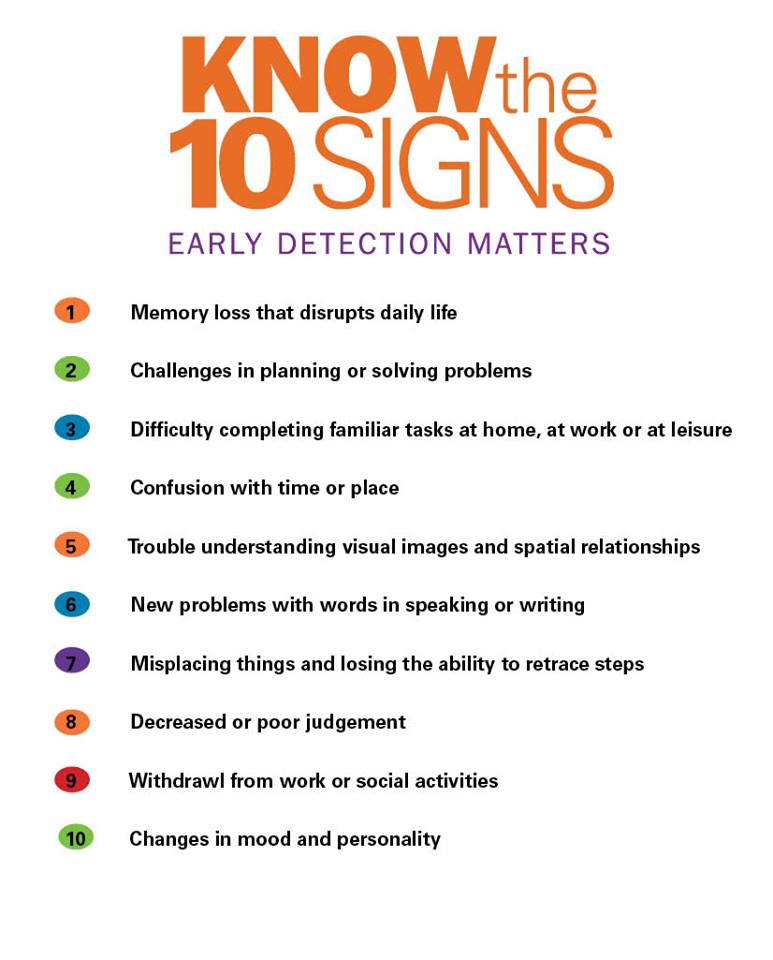It’s very difficult to go through life when we don’t have our health. So it should come as no surprise that people are looking for the secrets of a healthy diet to prevent serious disease, dementia risk, and ultimately live a happy and vigorous life.
The great thing about the advancements in science and supplementation is we now know the right foods and nutrients to take to help us live longer. They can help us have more energy, more stamina, greater focus, and experience life to the fullest even as we age.
If you typically feel burnt out and sluggish, like your body doesn’t have enough fuel or energy, you should take time the time to read this additional information to supplement what we’re about to share with you today: https://corpina.com/optimind-review/. Within it, you’ll learn about an additional supplement you can take to improve neurotransmitter function, enhance your energy levels, and put you in a much better mood.
With that said, we’ll now take a look at the best food to eat to reduce dementia risk and experience longevity.
Add These Foods to Your Diet to Prevent Dementia
It’s nearly impossible to lead a happy and productive life when you start experiencing the negative effects of Alzheimer’s disease or dementia. Many families are unfortunately devastated by this insidious disease and it seems to be getting worse as people are now living longer than ever.
To prevent dementia from ever grabbing hold of your mind, you can make changes to your diet to keep your brain functioning at a higher level. These foods will definitely help keep your body and brain working properly well into your later years.
To kick things off, we highly recommend eating plenty of leafy green vegetables. Some good examples include collard greens, kale, mustard greens, and spinach. They all contain healthy amounts of folate and vitamin B9. These particular vitamins and minerals are special because they help increase cognition and as an added bonus they’ll even reduce your levels of depression.
Speaking of vegetables, it’s also wise to add cruciferous vegetables to your diet if you want to fight back against the devastating effects of dementia. So make it a point to eat broccoli, cauliflower, bok choy, brussels sprouts, and we’re adding a kale to the list once again because it’s that good for you. These veggies contain folate and carotenoids, which help lower homocysteine levels and boost cognition.
Some other healthy dementia reducing foods include beans, legumes, walnuts, hazelnuts, peanuts, pecans, cashews, and almonds. So add them to your healthy dementia busting diet as well.
Add These Foods to Your Diet to Increase Longevity
So far it seems like we’re telling you to eat a plant-based diet, right? Well it shouldn’t come as a surprise that fruits and veggies make up a huge portion of a healthy diet. But we don’t expect you to give up all animal products. In fact, we believe wild caught Alaskan salmon is a wonderful heart healthy food that also increases longevity.
In fact, we feel it’s best to eat wild caught Alaskan salmon twice a week if possible. It has so many great health benefits, but in particular it’s known for its ability to keep your heart healthy and strong.
We also want to recommend eating plenty of avocados and enjoying healthy coconut oil as well. We all need to eat healthy fats to survive and thrive, so enjoy these vitamin and mineral containing, weight loss inducing sources of amazing health as often as you’d like.
Conclusion
Do yourself a favor and add these nutrient dense, vitamin packed, and dementia destroying foods to your daily diet. Your brain will thank you and your body will love you for keeping it healthy and strong for many years to come.




